Storage containers offer considerable eco-friendly advantages that are becoming increasingly important in our efforts toward sustainable living. Many storage containers, made of durable materials like steel, have long lifespans, significantly reducing the need for frequent replacements and contributing less waste to landfills. Their primary function as reusable and portable units helps minimize environmental impact during changes in infrastructure or transport demands. In addition, utilizing storage containers for building or storage purposes often requires fewer resources compared to constructing traditional warehouses or storage facilities, which can involve extensive raw material use and energy consumption. With modern design innovations, many storage containers are highly energy-efficient. They can be equipped with solar panels or energy-saving LED lighting, further contributing to sustainability goals by reducing dependence on non-renewable energy sources. Additionally, repurposing storage containers for housing or office spaces can lead to a reduction in the urban heat island effect, a common problem in extensive urban areas where surface structures and human activities contribute to higher temperature zones. This practice not only utilizes existing materials but also supports urban planning that considers a balanced relationship with the natural environment. Lastly, storage containers are highly customizable, meaning they can adapt to different needs with minimal modifications. This flexibility, combined with durability and energy efficiency, makes them an excellent choice for environmentally responsible storage solutions, supporting sustainable development initiatives in multiple industries.
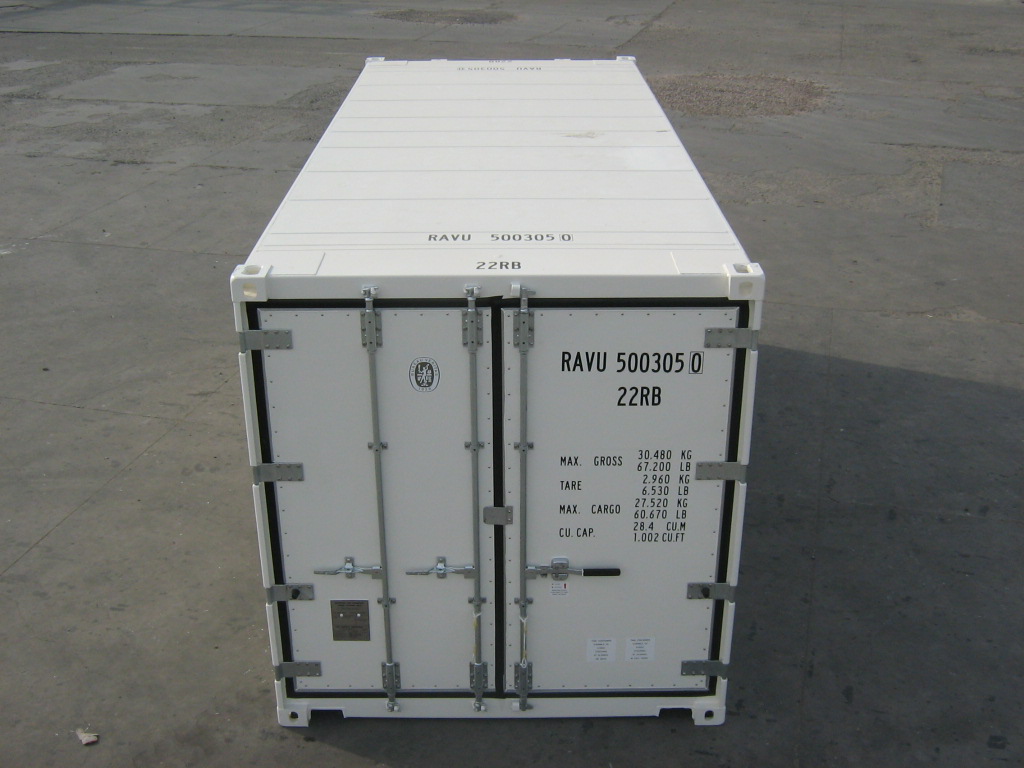
Storage Container Rentals in Columbia
Call today for a free quote (615) 912-8808
Storage Container
Fast, Easy, & 100% Free To Get Started
Over 40 Years Experience
Our storage container company in Columbia, grounded in over forty years of experience, dedicates itself to quality and community. We proudly provide dependable storage solutions while fully committing to customer satisfaction.
Trusted Quality Service
Our dedication to quality service has made us a trusted choice in Columbia. We ensure that each storage container meets the highest standards of durability and cleanliness, offering peace of mind for all your storage needs.
Fast and Reliable Delivery
Our fast and reliable delivery service ensures your storage container arrives promptly and ready for use. We prioritize timely service without compromising on quality, guaranteeing convenience and efficiency.
Reliable Storage Solutions in Columbia
Call for a Free Quote Today
(615) 912-8808
Our storage container company in Columbia, Tennessee, stands out for its dependable, reliable services and local ownership. We proudly serve Columbia and surrounding areas, providing storage solutions for construction sites, private parties, festive gatherings, and elegant weddings. Our commitment to excellence ensures that all our storage containers are in top condition, ready to meet your event's requirements. With a legacy of trust and reliability, we offer flexible and affordable rental options. Our team is dedicated to providing personalized assistance and expert recommendations to ensure that your storage needs are met with the utmost care and efficiency. Choose us for a seamless experience augmented by our community ties.
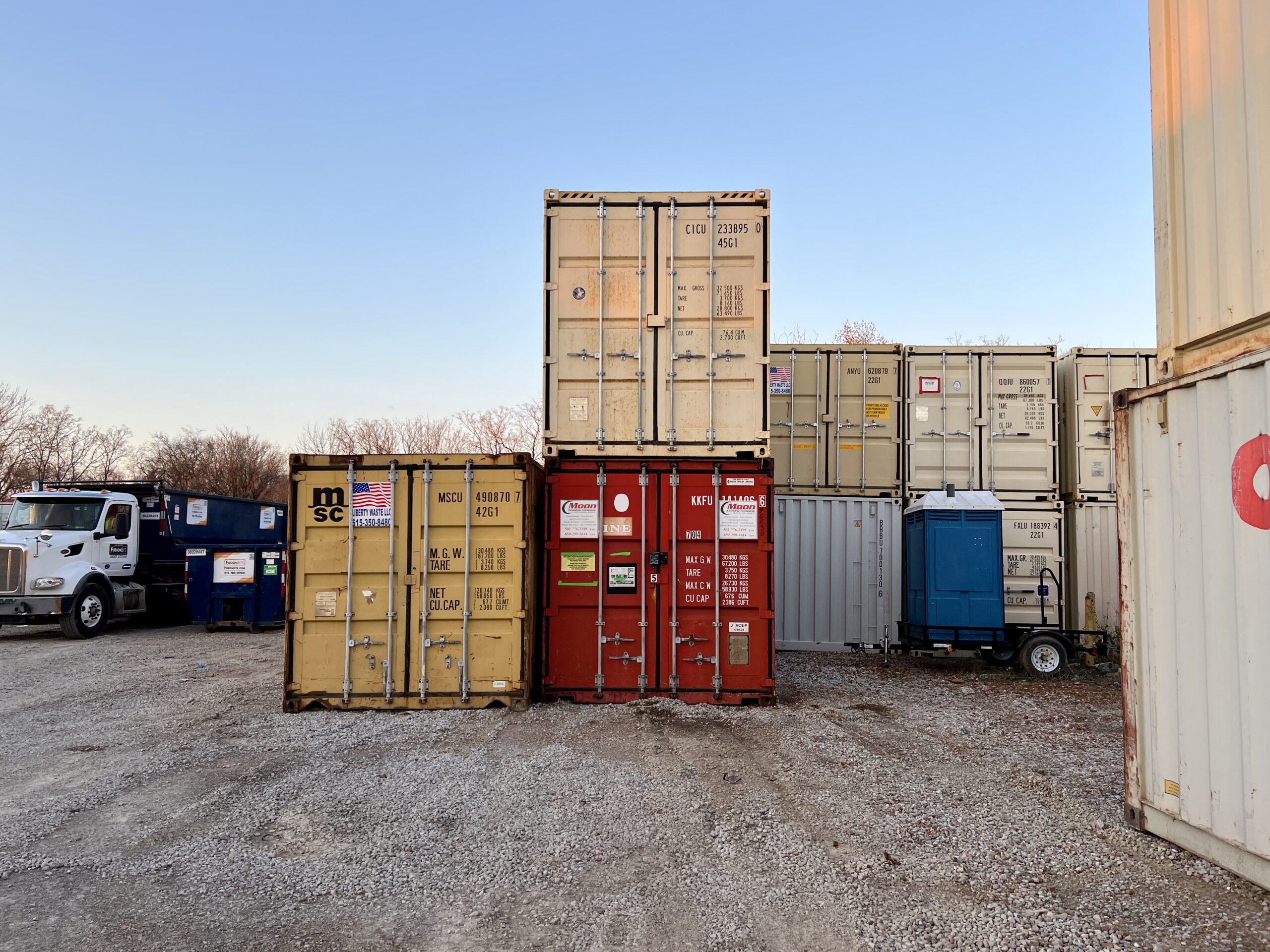
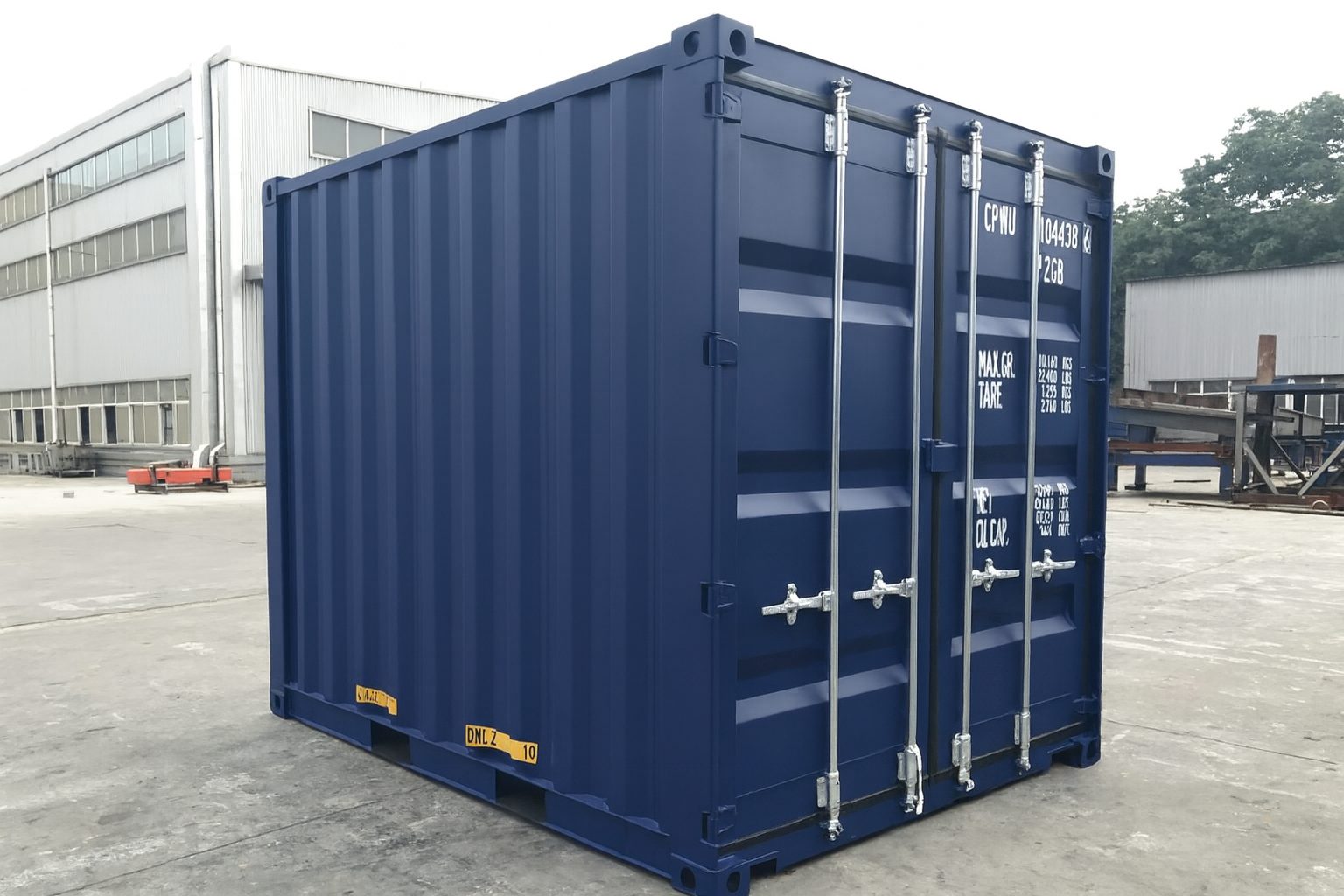
10-Foot Storage Container
Dimensions: 10′ × 8′ × 8′
Capacity: ~640 ft³
Perfect for small moves, dorm clean-outs, or seasonal overflow.
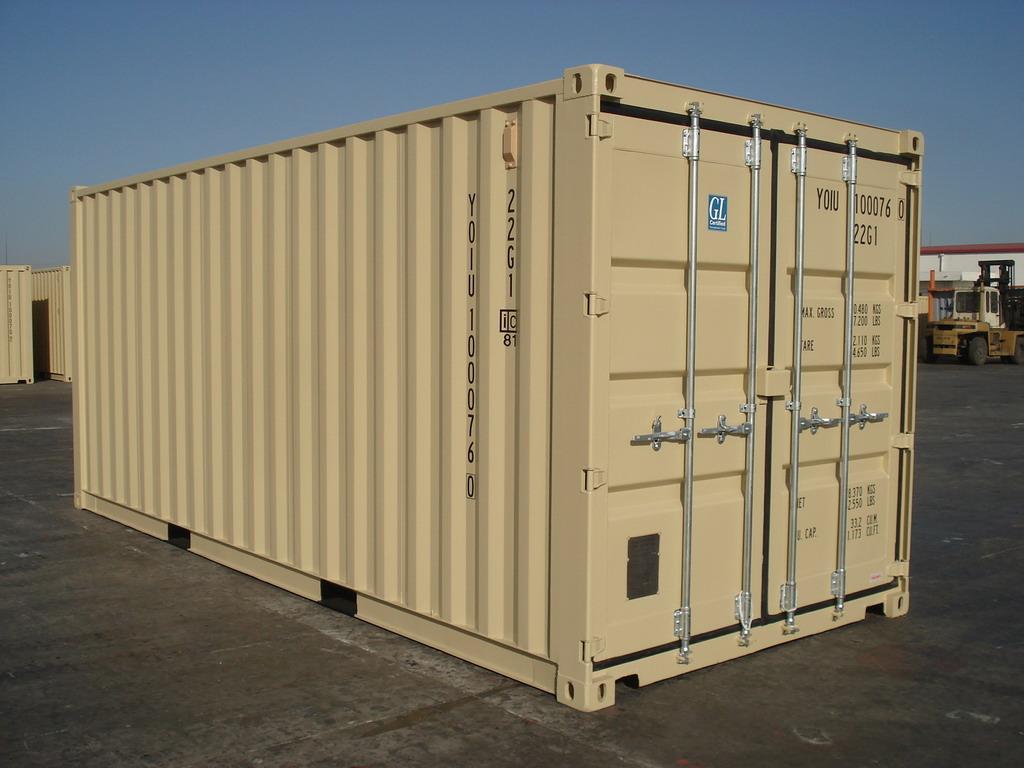
20-Foot Storage Container
Dimensions: 20′ × 8′ × 8′
Capacity: ~1,360 ft³
Ideal for apartment relocations or business inventory needs.
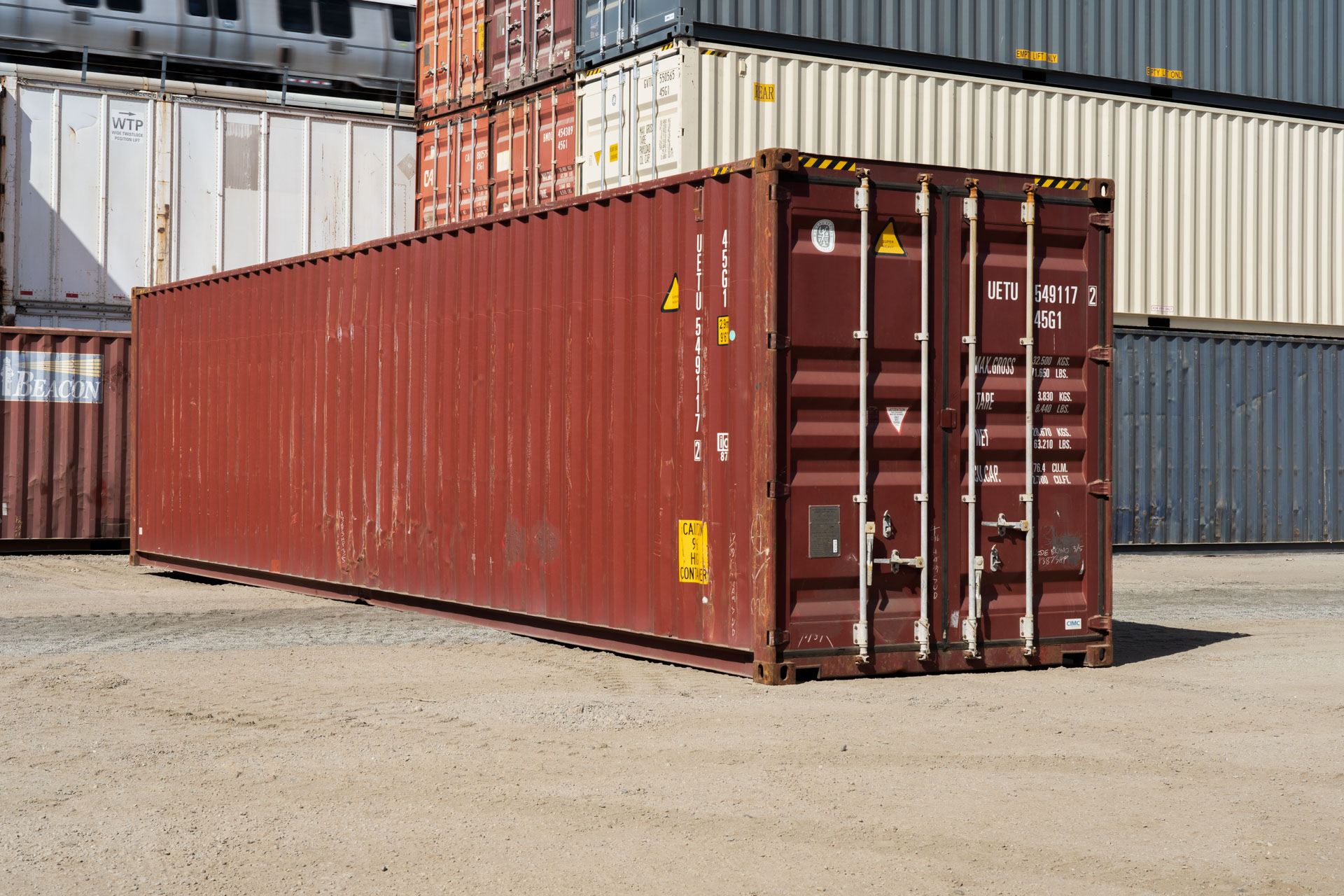
40-Foot Storage Container
Dimensions: 40′ × 8′ × 8′
Capacity: ~2,720 ft³
Suited for full-house moves, large equipment, or commercial warehousing.
We Proudly Serve
Standard Portable Toilets
Standard Portable Toilets provide practical and sanitary solutions for outdoor sites across FusionSite Nashville.
High Rise Portable Toilets
High Rise Portable Toilets offer convenient and elevated sanitation solutions in Columbia, ensuring accessibility in all locations.
Restroom Trailers
Restroom Trailers at Columbia deliver luxury and comfort for special events with state-of-the-art facilities.
Roll off Dumpsters
Roll off Dumpsters provide efficient waste management solutions at FusionSite Nashville in Columbia, combining capacity with convenience.
Septic Tank Cleaning
Septic Tank Cleaning services at FusionSite Nashville ensure the cleanliness and maintenance of your septic systems.
Grease Trap Cleaning
Grease Trap Cleaning in Columbia offers specialized services to maintain efficient operation and sanitation in food service establishments.
Fencing & Barricades
Fencing & Barricades serve as essential safety and crowd control measures across FusionSite Nashville, Tennessee.
Residential Storage
Residential Storage in Columbia provides secure and accessible solutions for storing belongings safely and conveniently.
Columbia Portable Storage and More
Getting a quote and delivery for our storage containers is designed to be as convenient and straightforward as possible. From the moment you reach out, either by phone or online, you will find our team ready to assist with clarity and expertise. Our easy-to-navigate website features a 'Get A Quote' button prominently on every page, ensuring that you can quickly access our pricing details. The quote form requires just your basic contact information—name, phone number, and email—allowing us to provide you with a rapid response. Once the quote is accepted, we work diligently to schedule a delivery time that aligns with your timetable. We pride ourselves on being able to offer swift deliveries directly to your location, whether it's a construction site or a private event, minimizing wait time and maximizing convenience. Our delivery team operates with precision and professionalism, ensuring that each storage container is securely placed according to your specifications. This commitment to seamless service underscores our dedication to customer satisfaction and our emphasis on operational efficiency.
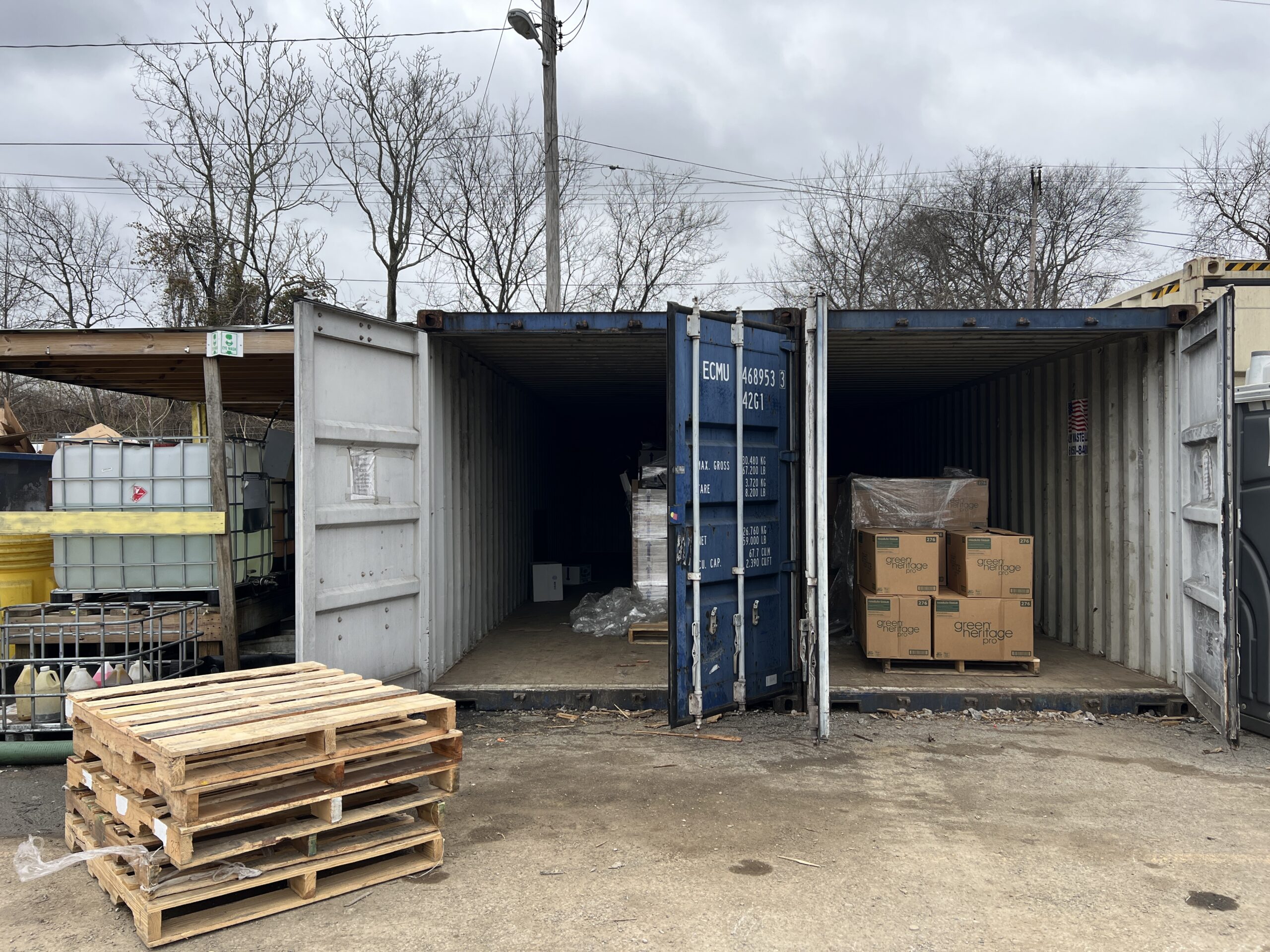
Our storage container services in Columbia combine local charm with efficient practicality, ideal for the bustling activities and vibrant outdoor life that define this Tennessee town. Columbia, celebrated for its annual Mule Day and the scenic Riverwalk Park, serves as a community hub, making our storage solutions essential for local events. Whether you're organizing a festival or planning a family reunion at one of Columbia's picturesque locales, our clean and reliable containers enhance the guest experience. Choosing our services means opting for convenience supported by an in-depth understanding of Columbia's unique needs. From prompt delivery to continuous support, we prioritize reliability and ease, ensuring each client receives superior service. Our containers, crafted to meet diverse customer demands, are the perfect option for any Columbia occasion. By focusing on Columbia's outdoor attractions and dynamic community life, we position our Storage Containers as crucial components for seamless event planning. Our commitment to service excellence and community involvement makes us the top choice for storage solutions in this charming area.
Why We're Columbia's Best
We pride ourselves on being Columbia’s top choice for storage containers, driven by a steadfast commitment to excellence. Our deep local knowledge and unwavering dedication to service distinguish us, always striving to surpass expectations. Understanding both the demands and charm of Columbia, we tailor personalized solutions that reflect the unique needs of our clients. From construction projects to community events, our storage solutions are crafted to provide unmatched reliability and efficiency, meeting and often exceeding requirements.
Reliable Service Across the Board
We swiftly and reliably meet Columbia's need for efficient storage solutions. Each Storage Container arrives punctually and in excellent condition, ready for immediate use. Our seasoned team collaborates closely with clients to ensure satisfaction with every delivery. We prioritize quick responses to all inquiries, enabling clients to manage their needs effortlessly. Our commitment to quality assurance covers everything from prompt deliveries to the security and condition of each unit, establishing us as Columbia's trusted choice for reliable storage.
Learn More About Our Columbia Storage Containers
Renting a storage container in Columbia is a straightforward process designed to prioritize customer convenience and efficiency. Interested individuals can start by exploring our website, where 'Get A Quote' buttons are prominently displayed throughout the pages, ensuring easy access to our services. Upon clicking, a form will guide you in providing essential details such as your first name, last name, phone number, and email address. This form, strategically placed at the top and bottom of our online pages, helps us swiftly understand your needs and expedite the quotation process. The quick submission of this information allows our dedicated team to contact you with tailored rental options and pricing details. Our priority is to provide a user-friendly experience, allowing you to access a wide range of storage solutions without hassle. Once you approve a quote, we collaborate closely with you to determine the most suitable delivery time for the storage container, ensuring alignment with your schedule. Our seamless rental process is aimed at providing maximum flexibility and responsiveness, guaranteeing satisfaction and a commitment to meeting your storage needs effectively.
The delivery timeframe for storage container orders hinges on a few critical factors, influencing how swiftly we can fulfill your request while maintaining our high service standards. Typically, after you initiate the process either by calling us or using our online quote system, our team works efficiently to process your needs without delay. We aim to provide rapid responses tailored to each customer's unique requirements, which significantly contributes to meeting expected delivery timeframes. Generally, the majority of our orders are processed and delivered within a few business days, however, the exact timeframe may vary based on location, specific customer requirements, and the current demand. It's important that our logistics team coordinates diligently to ensure your storage container is transported promptly, securely, and in alignment with your schedule. Our clients can expect regular communication and updates throughout the delivery process, providing transparency and peace of mind at every step. While aiming for the quickest possible times, we also prioritize safety and regulatory compliance during the delivery process, guaranteeing your storage containers arrive ready for use with excellent structural integrity.
Yes, we are fully equipped to service a diverse range of events and construction needs, offering comprehensive solutions that cover every requirement. Our vast inventory includes luxury restroom trailers, porta potties, roll-off dumpsters, fencing, barricades, holding tanks, ADA-compliant portable toilets, as well as portable sinks and sanitizer stations. These facilities make us an ideal partner for various kinds of events, such as lively festivals, sports gatherings, intimate weddings, and significant corporate occasions or family reunions. Whether it's a small, private get-together or a large-scale public event, our adaptable service lineup ensures that all sanitary needs are met efficiently. We pride ourselves on offering high-quality units that are meticulously maintained to the highest standards, ensuring cleanliness and reliability at every site. This comprehensive approach enables us to cater seamlessly to both regular construction sites and special events, ensuring your project's success and your guests' comfort. By choosing us, you are guaranteed hassle-free service delivery backed by our seasoned experience and unwavering dedication to customer satisfaction.

